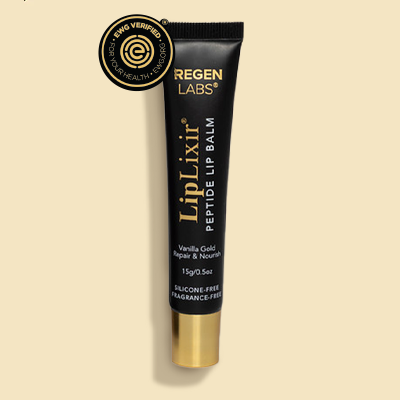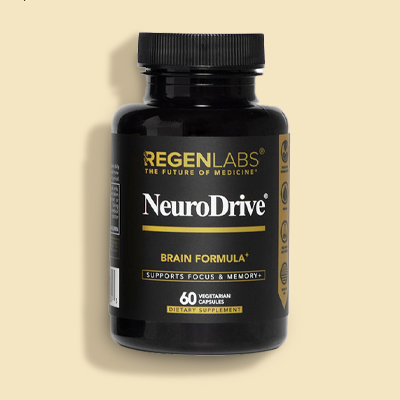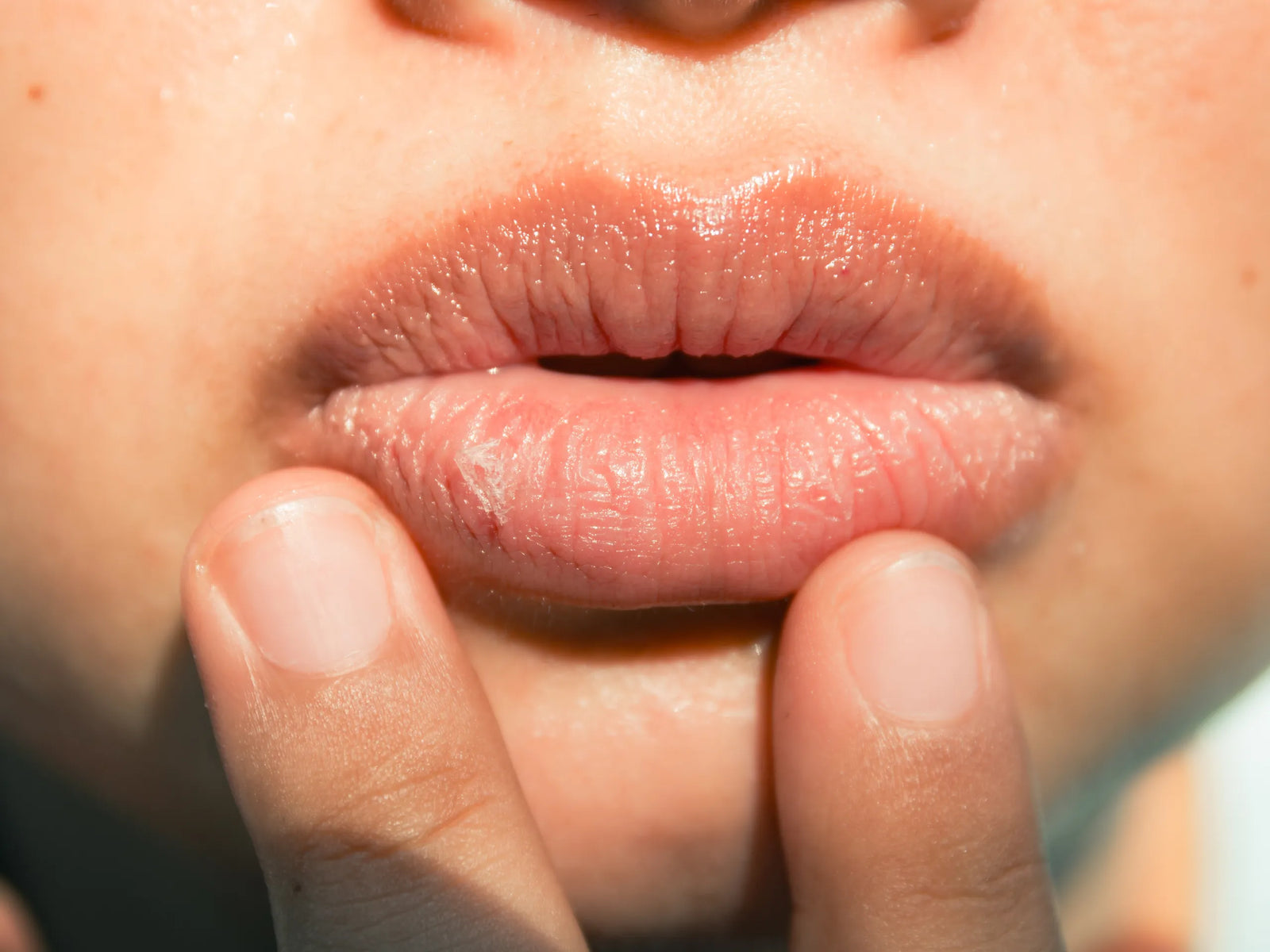Anxiety disorders affect a hefty amount of 40 million adults in the U.S. Despite being highly manageable, most people neglect their symptoms, which can lead to more significant issues over time. Panic attacks at night are of them. But what will happen if the condition goes undiagnosed and untreated?
Keep scrolling to understand more about the anxiety-related condition and how to cope with it effectively.
RELATED: Stress Relieving Benefits of Ashwagandha
Nighttime Panic Attacks: Causes And Ways To Cope With Them
What Is A Panic Attack?
Suppose you happen to experience a sudden yet brief feeling of fear that comes with physical symptoms such as pounding heart, nausea, shortness of breath, shaking limbs, sweating, or feeling faint. In that case, it means you have a panic attack. Panic attacks are also known as anxiety attacks by many people.
A panic attack can creep around and pop out abruptly without any involvement of an external threat. As a result, it can occur at any time, even at the most unbothered, carefree time of your life. An episode of a panic attack usually lasts around 10 minutes but it can last up to an hour in some situations. Moreover, the emotional and physical turmoils you will be dealing with afterward may linger around longer than you expected.
What Are Panic Attacks At Night?
Since a panic attack can strike any time, numerous people also have reported encountering panic attacks at night.
Much like its name, panic attacks at night or nocturnal panic attacks wake a person from their sleep without warning, leaving them in a state of vulnerability, confusion, and panic in the middle of the night. People who have panic attacks at night will experience the same anxiety symptoms as daytime panic attacks.
However, what makes nighttime panic attacks particularly problematic is excessive worry and fear that might leave you struggling to calm down and get back to sleep. As a result, you may develop insomnia, somniphobia (fear of sleep), and increased daily anxiety. Even worse, you may use the wrong coping mechanisms, such as relying on drugs and alcohol to fall asleep faster.
What Are The Causes Of Panic Attacks At Night?
Up to date, what causes nighttime panic attacks is still unidentified. However, researchers have pointed out a few factors that could heighten the risk of suffering both day and night time panic attacks. These include:
- Underlying conditions, such as social anxiety disorder
- Genetics and medical background of the family
- Traumatic events and major life changes, such as job loss, a break-up, moving house, or fear of flying
- Day-to-day stress
- Mental health conditions, such as obsessive-compulsive disorder (OCD), post-traumatic stress disorder (PTSD), or anxiety
- Chronic diseases like cancer
- Alcohol and drugs abuse
- Sleep disorders
RELATED: What Is The Role Of Cannabinoid Receptors In Mood & Anxiety?
How To Cope With Panic Attacks At Night
Waking up in a panic attack at night can be terrifying. While the phrase “don’t panic!” doesn’t seem to help in such situations, there are medical and lifestyle strategies that may tip you off to having a safe and sound sleep.
1. Medical Treatments & Psychotherapy
As discussed above, chronic diseases might cause anxiety symptoms. Therefore, meet your doctor first before considering other medical approaches if you happen to suffer any of these diseases below:
- Diabetes
- Heart disease
- Hyperthyroidism
- Brain tumors
Aside from ACT (acceptance and commitment therapy and DBT (dialectical behavior therapy, CBT (cognitive-behavioral therapy) is a well-established form of psychotherapy used to treat anxiety and depression.
How does CBT work? CBT helps disintegrate the vicious cycle that traps you in negative feelings, thoughts, and actions. A session might take 12 to 16 weeks to begin seeing improvement. CBT sessions can involve:
- Behavioral modification
- Mindfulness
- Relaxation techniques
- Thought reframing
- Communication skills
For the most part, psychotherapy may need to go side-by-side with medication to produce the best result in treating anxiety. Benzodiazepines and antidepressants are the most commonly recommended medications for anxiety.
2. Lifestyle Tips
- Inhale and exhale: It’s important not to fight it. Instead, focus on deep breathing to slow your heart rate and improve blood pressure. Here are some breathing techniques you can try and practice.
- Think of positive images: It could be anything, such as your favorite songs, cute pet photos, or foods. Another idea is journaling your feelings, making a to-do list, or doodling.
- Try self-talk: You may not realize it, but communicating with your inner self might help you maintain a healthy mental state. Talking to yourself has a number of advantages, including minimizing stress, enhancing self-confidence, and managing negative emotions.
- Have a bedtime routine: Improving the quality of your sleep also matters. From creating a pleasant, safe sleeping environment to avoiding stimulants and partaking in some mild workouts, this nighttime routine can help you sleep better and deeper.
Above all, it’s essential to let go of the stress and regain your sense of calm. If you are looking for different ways to calm down anxiety, let’s get your Zen back with InstaZen®—a toxin-free, innovative supplement that contains mood-enhancing compounds like DHHB, Ashwagandha, L-theanine, Valerian Root, and phosphatidylserine. Insta Zen can help you fight nighttime panic attacks by regulating your mood and restoring a night of restful, deep sleep.
It is a lot to think about! We get it. Regen Labs has options for you if you have questions about panic attacks at night and how to stop them. All Regen Labs products support the body’s natural systems for a healthy brain, skin, muscle, and sexual health.
Regen Labs products contain research-proven ingredients to boost the body’s natural ability to be healthy without toxins or synthetic chemicals.
Let’s talk! If you have questions, we would love to connect. Contact us today.
Up Next:











